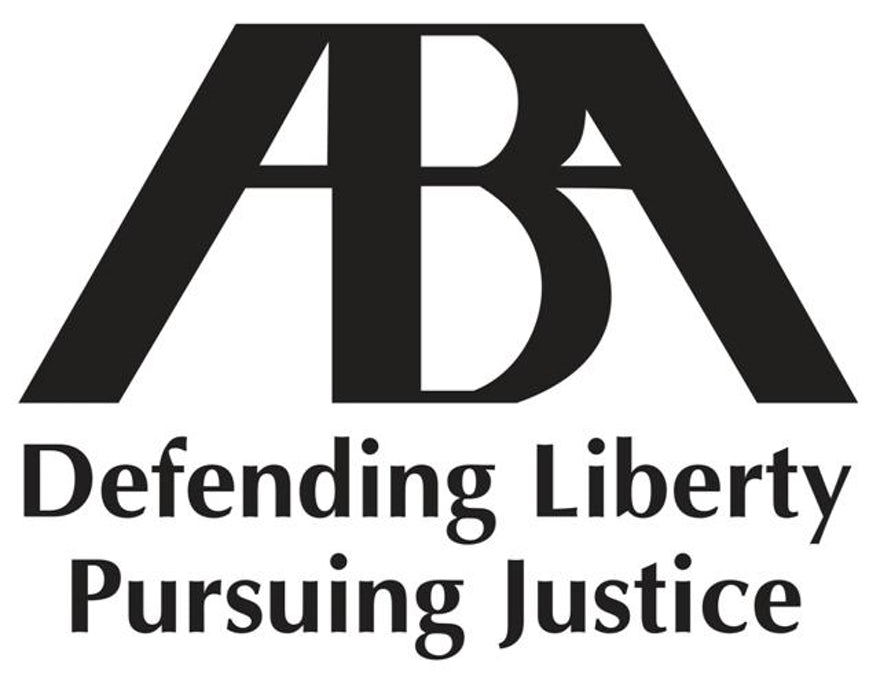Bankruptcy Myths
Chapter 7 and Chapter 13 Bankruptcy Explained
Know the Facts
Filing for bankruptcy is a big step, but one that can set you on the path to financial wellness. While Nevada Bankruptcy Attorneys can explain the nuances, it’s important that you understand the big picture
Top 3 Surprising Facts About Bankruptcy
1. It’s not that difficult to file for bankruptcy
Both bankruptcy law and the court process are complicated, which is why you need an experienced bankruptcy attorney at your side. Nevertheless, the path to bankruptcy resolution is straightforward.
2. Creditors leave you alone the moment you file for bankruptcy
The moment Nevada Bankruptcy Attorneys files your electronic petition with the Bankruptcy Court, and automatic stay goes into effect. This means that creditors are not allowed to contact you directly to seek payment. Instead, they must go through the Bankruptcy Court. The automatic stay means no more debt collector calls, no more wage garnishment, and no more debt-related lawsuits. If a creditor is aware that you have filed for bankruptcy and then contacts you about a payment, that creditor can be penalized by the court. In other words, the automatic stay gives you some breathing room while you work through the bankruptcy process.
3. You can still discharge debts using Chapter 13
Chapter 13 involves adhering to an income-based repayment plan. Depending on your income, the repayment plan lasts for three or five years. Once you complete your repayment plan, the balance of eligible debts is discharged, wiping the slate clean.
Top 10 Fears About Bankruptcy
1. My friends, colleagues, and relatives will know that you filed for bankruptcy
It’s a safe bet that none of these people will know unless you tell them yourself. While bankruptcy filings are part of the public record, someone would have to dig through court records and stumble upon your name. Since most people have better things to do with their time, odds are good that no one will know that you filed.
2. Since the 2005 change in bankruptcy law, it’s too hard to file for bankruptcy
Bankruptcy is still an option. The new law shifted a number of people away from Chapter 7 and toward Chapter 13. With the help of a seasoned bankruptcy attorney, filing is smooth sailing.
3. I can’t file for bankruptcy because I have a job
Generally speaking, you need to have a job to be able to make the payments in a Chapter 13 repayment plan. For a Chapter 7 liquidation, you can file whether or not you have a job.
4. I can’t discharge credit card debt or medical bills in bankruptcy
Both credit card and medical debt are unsecured, which means that they can be discharged in a Chapter 7 bankruptcy.
5. I’ll lose everything I own if I file for bankruptcy
In fact, people often don’t lose anything in a bankruptcy case. Nevada’s bankruptcy exemptions allow most people to keep their houses, cars, household furnishings, retirement funds, wages, and cash value of life insurance. If you are in a situation where you stand to lose too many assets, you have the option of filing for a Chapter 13 bankruptcy and sticking with an interest-free payment plan rather than Chapter 7 liquidation. This enables you to keep all of your assets as long as you meet your payment plan obligations.
6. If I file for bankruptcy, I won’t get credit for 10 years
While a bankruptcy stays on your credit report for ten years from the date it was initially filed, that doesn’t mean you’re ineligible for credit – just that you might be charged more in interest. Over time, the bankruptcy has less of an impact on your credit score, putting you in the position of being able to obtain more favorable rates.
7. My spouse must file bankruptcy, too
Not true. There’s no requirement for one spouse to file if the other does. There are situations where it makes sense for both to file and situations where it doesn’t. It depends on the nature of your assets and debts. The bankruptcy attorneys at Nevada Bankruptcy Attorneys understand what property will be treated as property of the bankruptcy estate and plan accordingly.
8. Filing for bankruptcy means I’m immoral, irresponsible or a bad person
More than 90 percent of bankruptcy filings are related to job loss, illness, or divorce. It has nothing to do with a person’s character. The bankruptcy process was created specifically to be a safety valve and help Americans deal with overwhelming debt. Our society and economy perform better when people are able to regain their financial well-being. As a nation, we devised bankruptcy as a pragmatic solution that benefits everyone.
9. Bankruptcy means hard-working people who pay their bills on time pay for my mistakes
This is a myth created by clever credit industry public relations people to pass the 2005 bankruptcy law. The reality is that credit card companies are extremely profitable and factor in the cost of defaults into their accounting. The cost to our society would be considerably higher if people did not have a viable bankruptcy option. That’s because people under the strain of unpayable debts would cease contributing to the economy and indirectly shift costs to others.
10. I must have a minimum amount of debt in order to file for bankruptcy:
There is no minimum amount of debt required to file for bankruptcy. If you decide that your financial situation would be helped by filing for bankruptcy, the law allows you to file.
11. Nevada Bankruptcy Attorneys Can Help
If you’re considering Chapter 7 or Chapter 13 bankruptcy, Nevada Bankruptcy Attorneys can help. Bankruptcy is a complicated process, and one that you shouldn’t try to achieve on your own. Our experienced bankruptcy attorneys are here to guide you through every aspect of the process, and are determined to give you the fresh start you deserve. Call us today at (702) 805-1659 for your FREE case evaluation.







